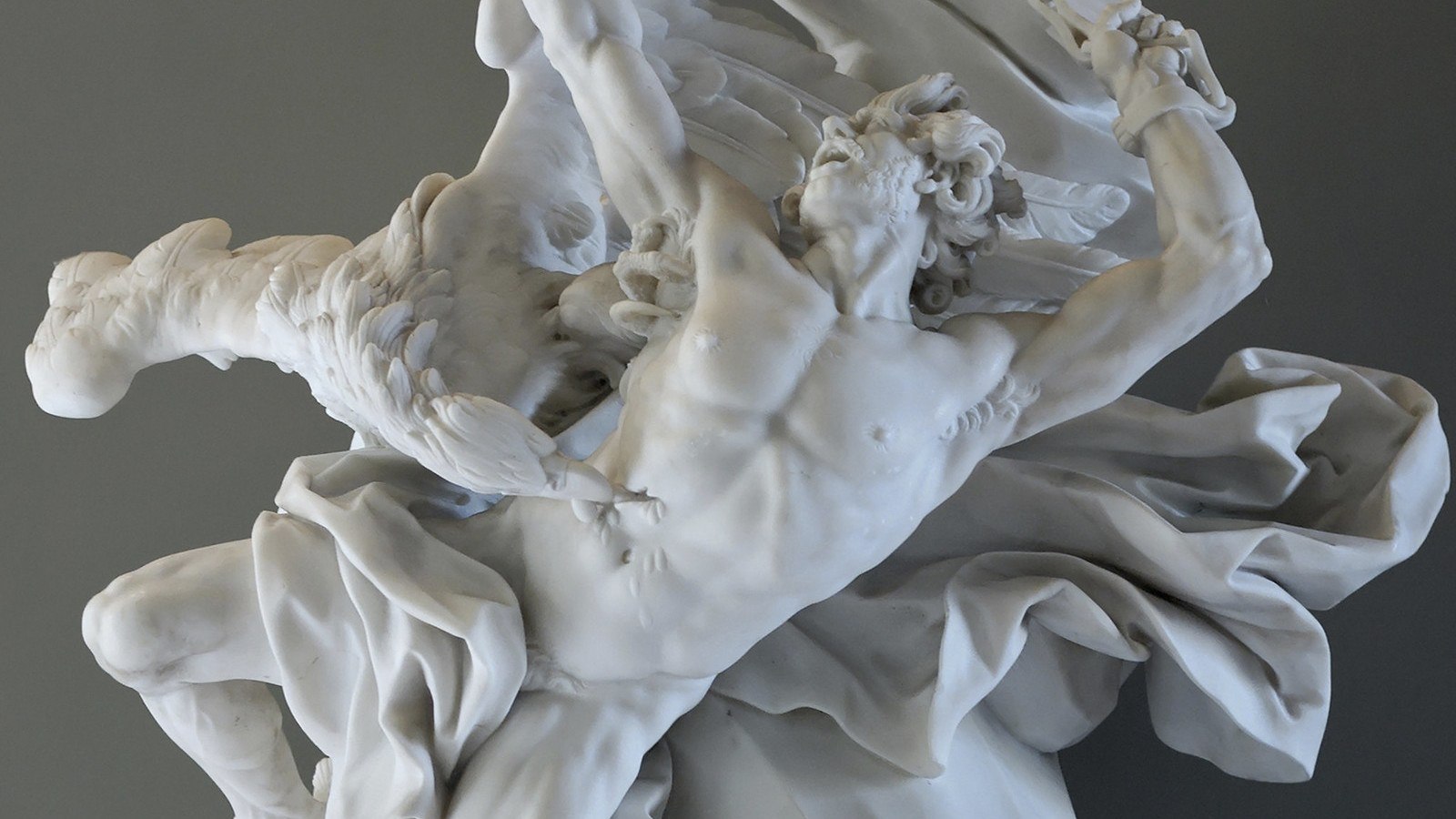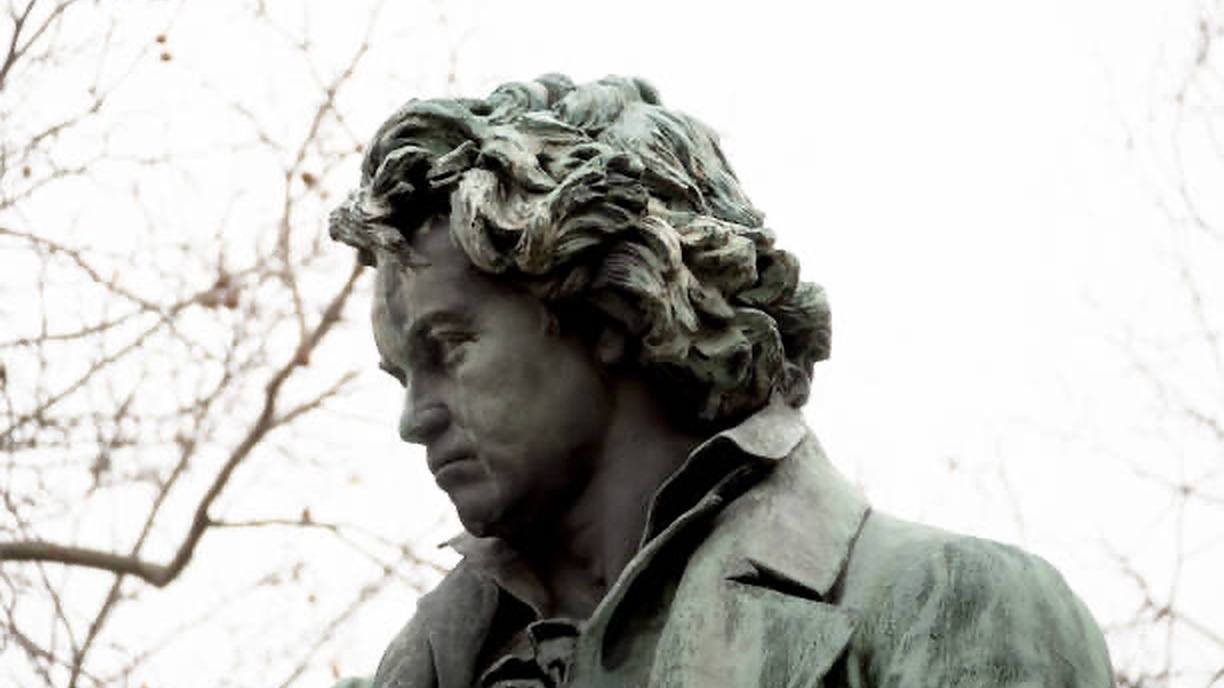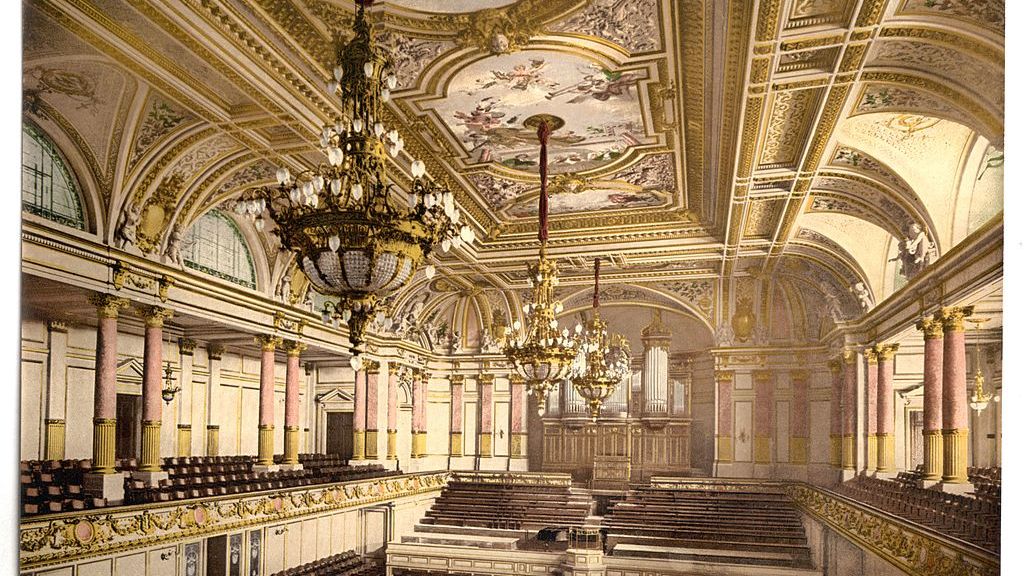Beethoven’s Mass in C Major: Gentleness, Cheerfulness, and Humanity
Completed in 1807, Beethoven’s Mass in C Major came seventeen years before the premiere of the monumental Missa solemnis. In its way, it is a work which is equally mould-shattering. Beethoven, who seldom attended church, considered music to be “the mediator between intellectual and sensuous life…the one spiritual entrance into the higher world.” His Mass in C Major moves away from dogma to embrace the free, all-encompassing sanctity of the individual. A serene, …







